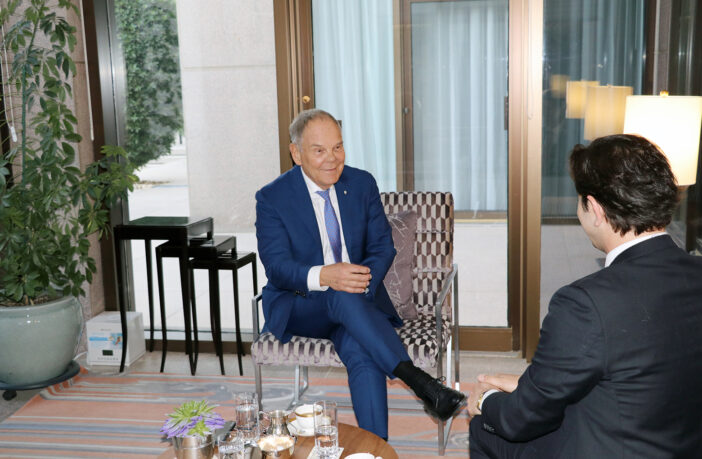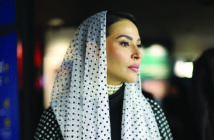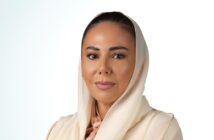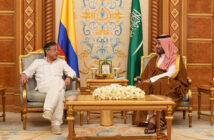Interview with Canadian Thought Leader Don Tapscott
Please talk about your experiences in Gulf region, its rapid transformation, and business diversification.
I have visited the Gulf region many times in recent years. As a member of the World Economic Forum, I have been invited to Dubai for several events, conferences, and summits. In addition, the Crown Prince of Abu Dhabi invited me to participate in the Majlis Mohamed bin Zayed lecture series. However, my first visit to Saudi Arabia was in 2023. This happened when my company Blockchain Research Institute hosted the Web3 Summit to bring together the Middle East’s top industry leaders, academics, policy-makers, entrepreneurs, and researchers to undertake ground-breaking research on blockchain technology with a focus on the strategic implications of blockchain technology on business, government and society in the Middle East.
This experience allowed me to learn more about regional transformations, which are very promising as Gulf countries have begun to look beyond their natural resources and explore further opportunities for prosperous development. The role of technology in this cannot and should not be underestimated; and Gulf leaders are taking this seriously, which is encouraging.
What do you see as potential and possible risks of technological breakthroughs in Saudi Arabia?
Although thousands of people are expressing concerns about AI or chat GPT, we need to look at it from a different perspective, that is, using AI to merge with current technologies within the framework of blockchain. Blockchain goes beyond technology but is a combination of assets that contribute to an end result, including national security, carbon credits, music, or even oil. A barrel of oil can be turned into a token and become an asset. Therefore, Saudi Vision 2030 focus on introducing artificial intelligence, the Internet of Things, or any other technology into the economy, business, or even cultural events is crucial for modern Saudi society.
The main disadvantage or risk of this is that it is a completely new paradigm. As I said in my book “Paradigm Shift: The New Promise of Information Technology” vested interests fight against change and leaders have difficulty accepting the new. This will be a huge challenge because it is a complete change in the mental model. What is economics? What is a corporation? How do we manage assets? Consequently, there is great resistance to change both in Saudi Arabia and throughout the world. There are other dark sides to these technological innovations. We see a further bifurcation of wealth, our data – as an asset of the digital age – should be collected by us as individuals, not by giant technology companies. Nevertheless, to survive, every country in the region needs to move towards next-generation innovation and technology.
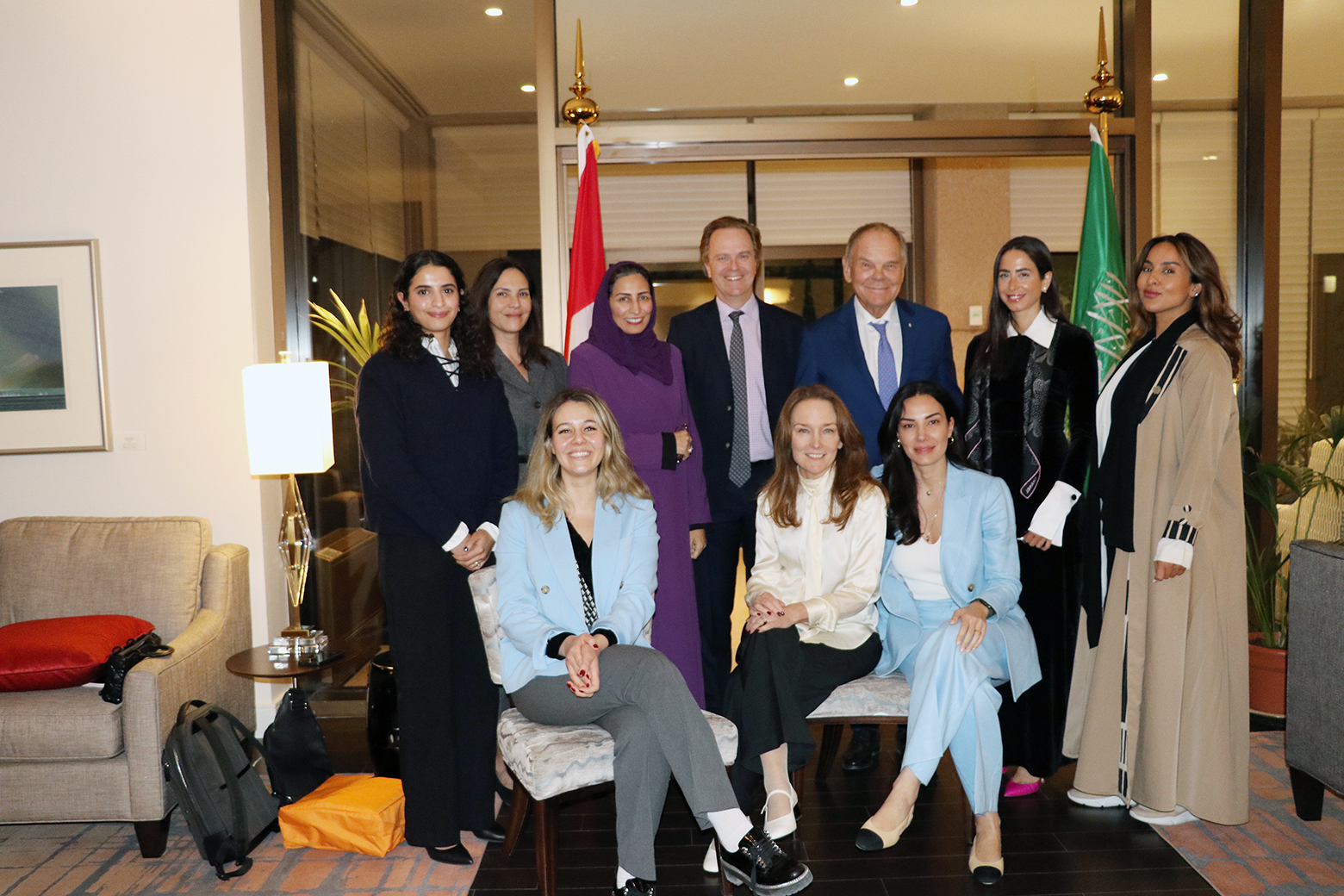
How do you think the so-called “mass collaboration” within the Diplomatic Quarter contribute to Saudi Arabia’s foreign policy?
Mass collaboration is a very powerful idea, and it is also relevant in the Diplomatic Quarter. We used to live in a “command and control” hierarchy where the person at the top made all the decisions and everyone else lined up. However, the man at the top could find out no more about the organization; and everything became too complicated. Now, thanks to technology and innovation, everyone can be involved in lifelong learning – an opportunity to attract talent at different levels within or outside the organization, in this case, the Diplomatic Quarter.
In my book “Wikinomics,” I shared a story about gold mining in Canada where geologists could not find gold and went outside the corporation to search new talents, resulting in 8 million ounces of gold worth over $3 billion. This example shows that we need to think of ourselves as ecosystems, not as a group of companies, embassies, ambassadors, countries, or organizations. In this regard, the Diplomatic Quarter is an ecosystem that creates opportunities for cooperation between and across the countries and regions.

